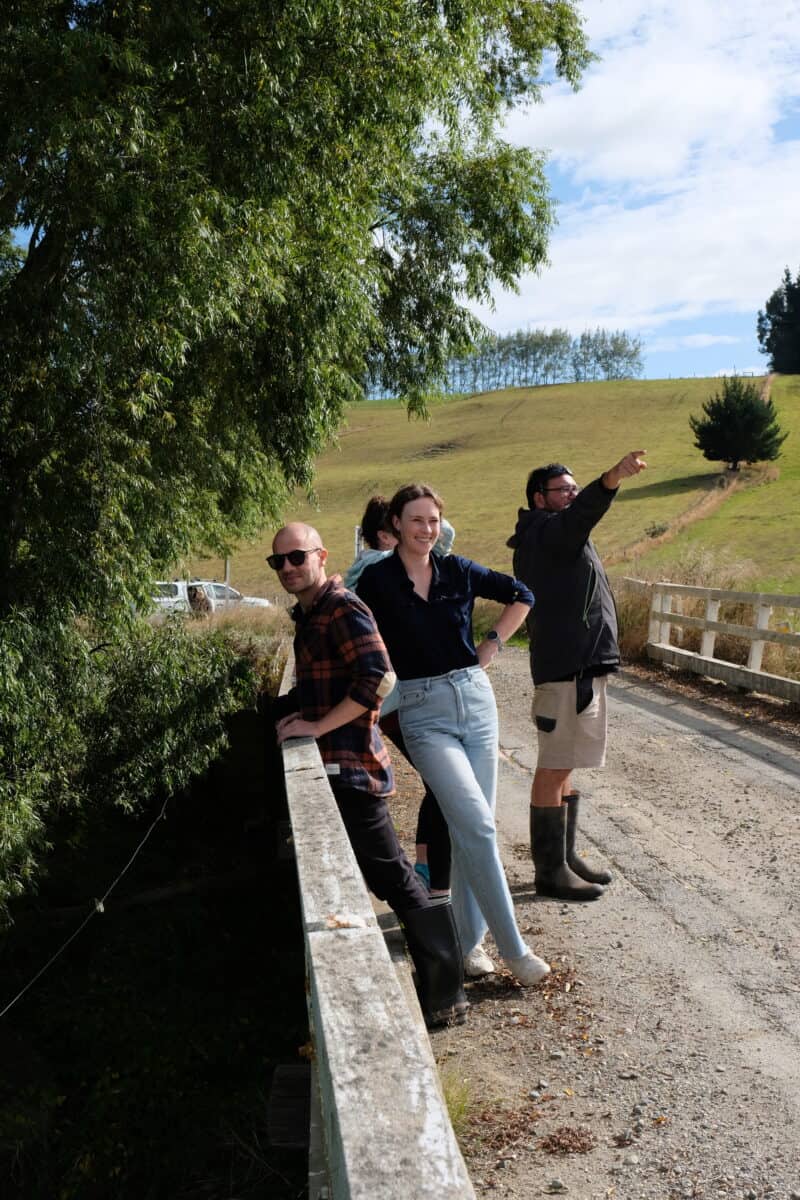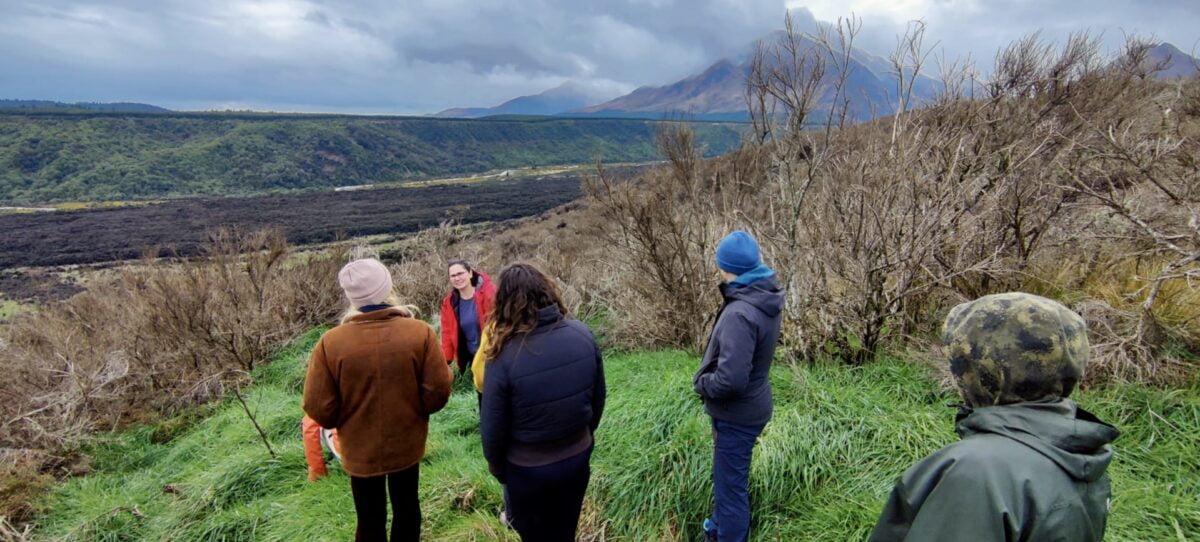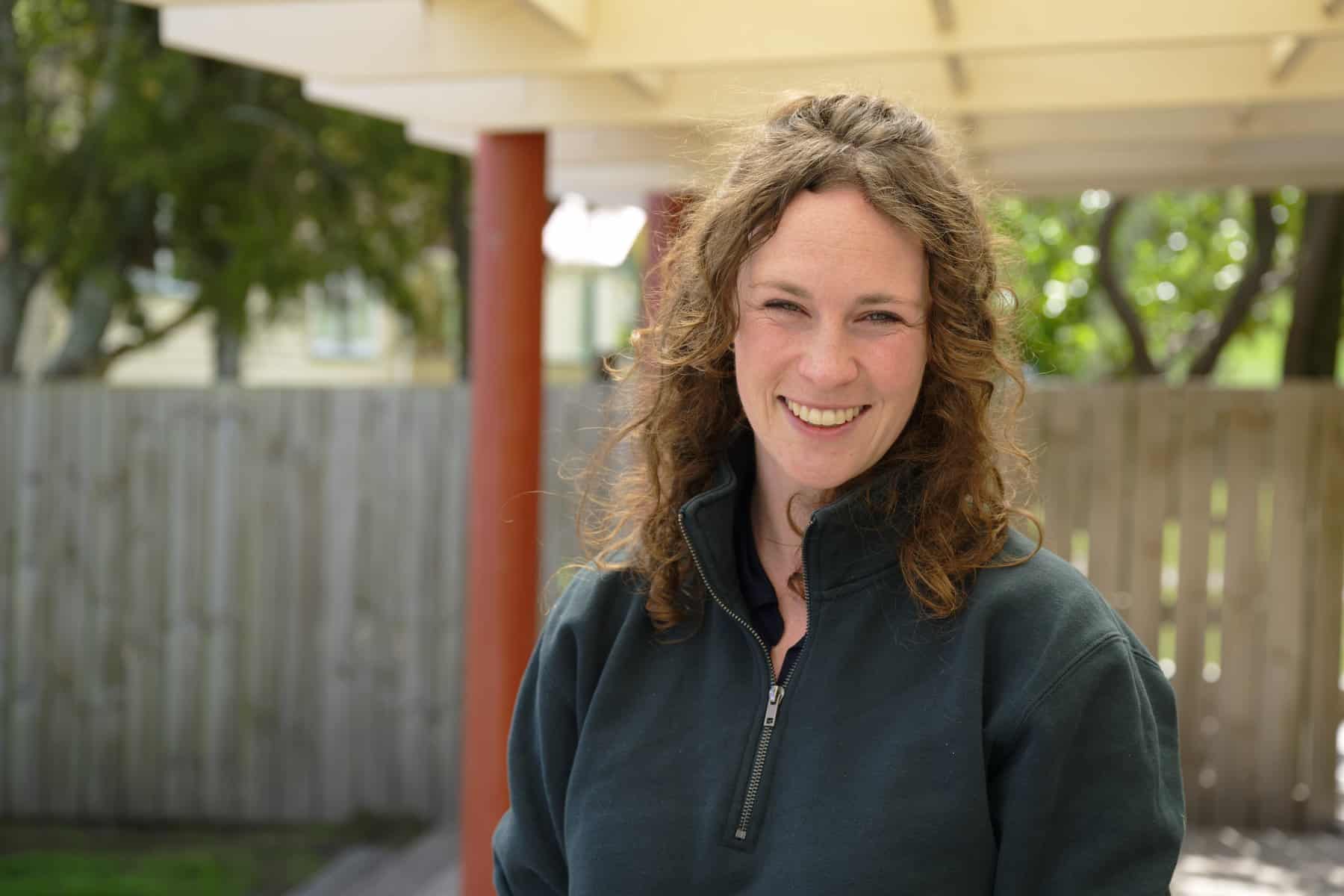Aisling co-leads BioHeritage’s early career group Ngā Pī Ka Rere with Symon Palmer and Dr Helen Warburton, a research area in Freshwater for Our Taonga with Dr Matthew Wylie, and a research project in the Impact Pou with Helen Warburton.
She says the research will have important implications for the conservation of taonga species in Aotearoa. “Traditionally, the focus of conservation efforts has been the preservation of individual species. But what should we do when crossbreeding or hybridisation blurs the boundaries between species? Are hybrids worthless life contributing to ‘genetic pollution’? Or should we protect hybrids as ‘carriers of the whakapapa of older taonga species’?”
How does the issue of hybrid species pose new challenges and questions for conservation?
“Hybridisation opens up fundamental questions about what it is that conservation intends to conserve, and why,” says Aisling. “Hybrids are both everywhere and mundane, from creating the food we eat to charting our own evolutionary histories. But while science provides the means to make cause-and-effect predictions about biodiversity, it cannot tell us what types of diversity we should conserve. A moral perspective on hybrids asks whether humans should intervene and when such intervention might be considered morally acceptable; a social perspective asks how people come to care for species and how hybrids relate to these processes of care. Without grasping these multiple perspectives, conservation policy risks deepening inequities in environmental governance and distrust of science, while alienating people who care for nature.”
As part of the Marsden Fund Fast-Start grant, Aisling will map the dominant perspectives and rationale behind hybrid-related decision-making in global conservation efforts.

She and her wider research team (Dr Marc Tadaki, Dr Jane Kitson, Dr Axel Moehrenschlager, and Associate Professor Krushil Watene) will then analyse diverse moral and social perspectives on hybrids from four different communities of practice in Aotearoa: the biological sciences; conservation policy and practice; the hunting, fishing, and recreational communities; and Te Ao Māori. In doing so, this research will uplift the voices of communities that are currently absent or marginalised in dominant conservation discourses.
“We will be talking with multiple communities who interact with hybrids, including scientists, conservation practitioners and policy-makers, marae communities, and hunting/fishing communities. In particular, this research will provide extra voice for Māori perspectives on the worth of species and hybridity in conservation, in a context where mātauranga-ā-iwi-ā-hapū has often been ignored or sidelined in conservation science and governance. Our hope is that this research will support future Māori-led scholarship on hybridisation, in part, by initiating a science-policy dialogue that centres Te Tiriti o Waitangi and is responsive to diverse iwi and hapū aspirations.”

An understanding of the diverse values held about hybrids will help foster a broader and socially-just approach to conservation.
“By addressing this under-researched area, this work will initiate a reshaping of conservation research agendas to meet the complex ecological realities of the modern world, to inform conservation policy and practice.”
So is the collaborative approach across organisations demonstrated by BioHeritage going to continue with this research?
“Yes, absolutely. This research connects back to my PhD at the University of Canterbury, which was funded through a BioHeritage Tranche 1 project, working with wonderful mentors and communities in the conservation genomics space. In conservation, we often encounter hybridity as a complex and deeply contested topic, so it’s a real privilege to return to this topic two years later – and I’m especially grateful for the opportunities that BioHeritage has created for me to grow as a researcher and research leader in that time. It’s also such a joy to continue working with colleagues such as Jane Kitson who is an advisor on the Marsden project and who I currently work with in the BioHeritage Freshwater for our Taonga project.”
Keith Lyons
